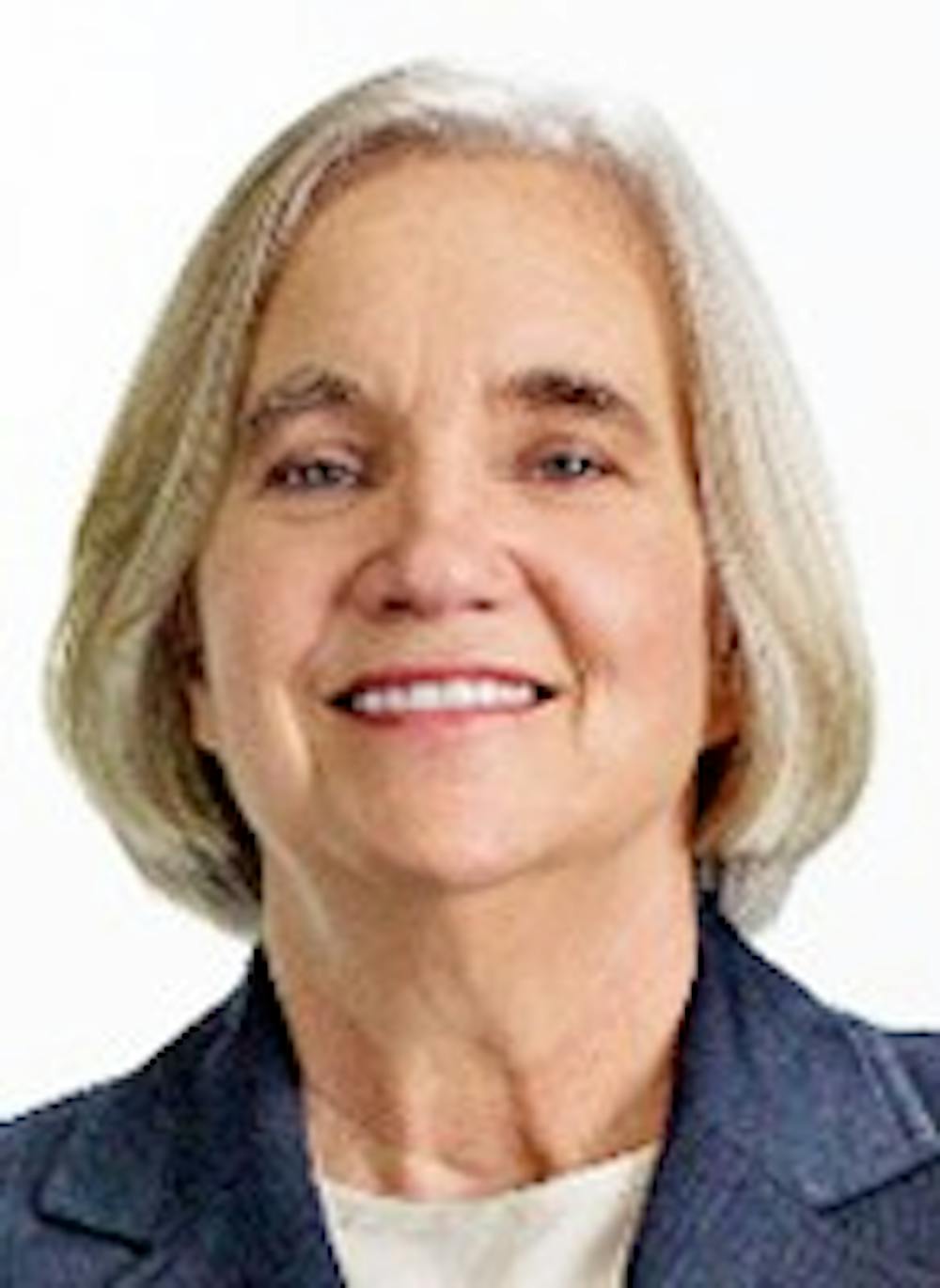The state’s Libertarian Party came away from the 2012 election without any huge gains on paper — but politicians from the two dominant parties say libertarians nonetheless won an opportunity to influence policy.
The U.S. electoral system poses significant barriers to third parties seeking representation on ballots.
Libertarian gubernatorial candidate Barbara Howe received slightly more than 2 percent of the vote, barely crossing the threshold of necessary votes to allow the party to remain on the ballot for the next four years.
Republican Pat McCrory won the race with 55 percent of the vote, compared to 43 percent for Democrat Walter Dalton, according to unofficial results.
Howe said she still has hope for the party’s future because of growing support among young voters.
The Libertarian Party, which tends to advocate for conservative economic policies and liberal social policies, is at a disadvantage because of a lack of recognition and money, along with straight-ticket voting, she said.
But the Nov. 6 election did bring some victories for the party. Two Libertarians in N.C. state legislative races received about 20 percent of the vote, which is promising, Howe said.
“It always shakes down to whichever two parties happen to be the strongest, though there is nothing written in stone as to which it has to be,” Howe said.
Jason Melehani, member-at-large of the executive committee for N.C.’s Libertarian Party, worked for Libertarian presidential candidate Gary Johnson’s campaign.




